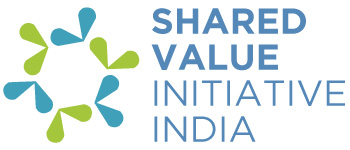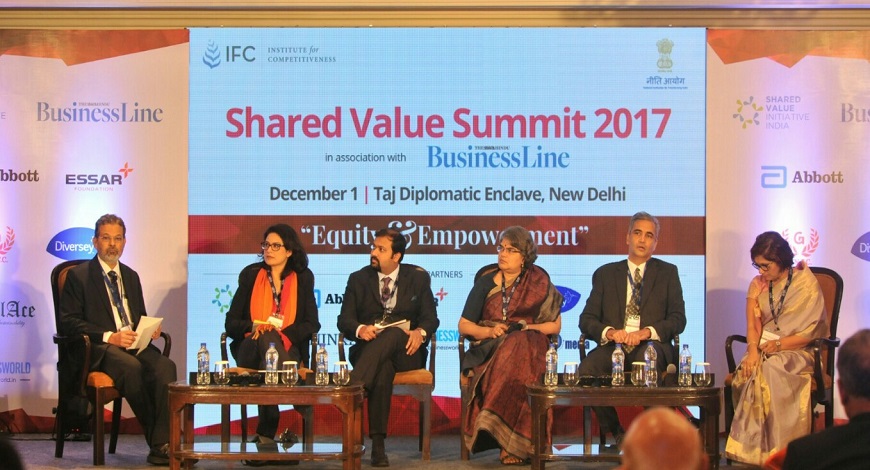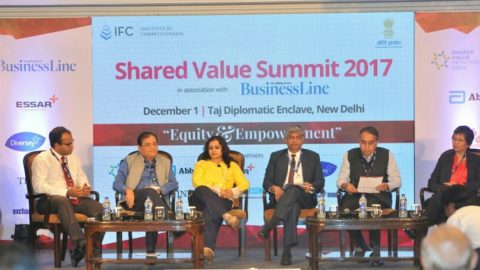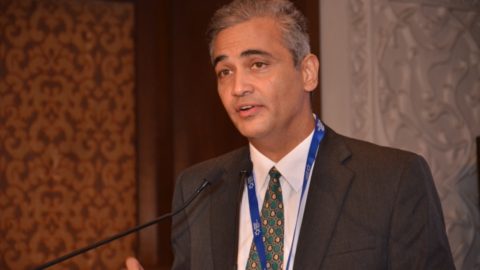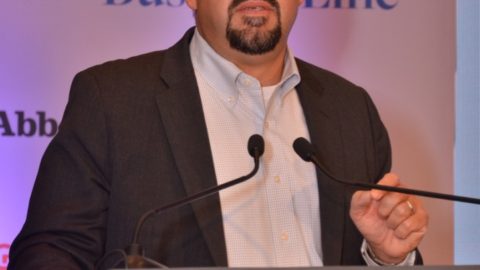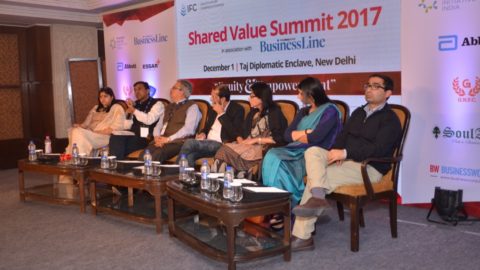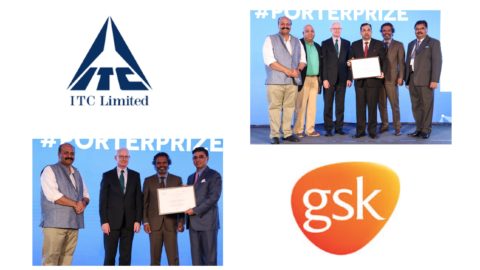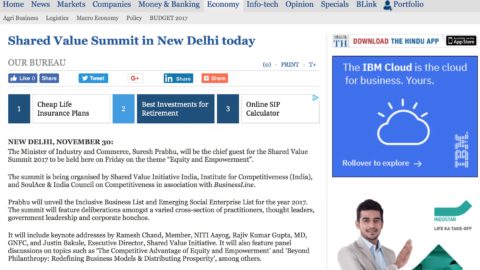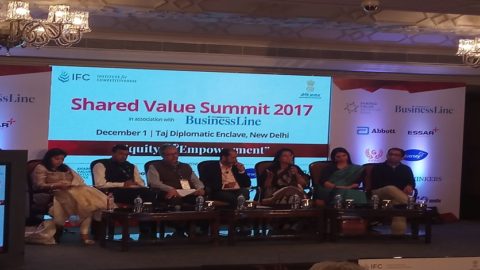“There is a huge demand for skilled garage mechanics, and there are many unskilled garage mechanics hanging around,” Shrikant Savangikar, Director Business Excellence, Quality and Sustainability, SKF
At the Shared Value Summit 2017, organized by Institute for Competitiveness and NITI Aayog, at the Taj Diplomatic Enclave, the theme of equity and empowerment in the context of shared value was discussed by a diverse range of stakeholders, including corporates, NGOs, women entrepreneurs, government, civil society and academicians. There was a panel discussion on passion and purpose, empowering livelihoods across the value chain, moderated by Adarsh Kataruka, MD, SoulAce Social Ventures.
“One thing we are very clear about was the type of raw material being sourced, we had strict standards for it. Rural areas lack training, skills, resources and a market place to get them the right value. Our efforts led to a group of farmers who went through our process of milk production produced 33 litres of milk per day, while those who didn’t produce 17 litres. The net revenue of those went through the process was 937 rupees, as opposed to 460 rupees of those who didn’t. The cost was similar, 16.5 rupees, for those not in the process, as opposed to 16 rupees for those in the process. The profit made was 175 rupees of earning for those not in the program, while it was 409 rupees for those in the program. We were able to change an ecosystem, scale it up, and created a marketplace for quality milk“, said Amal Kelshikar, Abbott Nutrition.
Shrikant Savangikar, Director Business Excellence, Quality and Sustainability, SKF, said, “There is a huge demand for skilled garage mechanics, and there are many unskilled garage mechanics hanging around. We started an initiative to train unemployed uneducated youth to become skilled mechanics. We then mobilize these youth, give them training and now they are earning more as skilled garage mechanics. Their parents are very indebted because of this and this is the shared value we have created in the community. We are there in an area in Pune for 65 years, and the whole community is associated with us, we created a football camp for the community and actually generated great players within the community. Our brand equity has been raised because of this”.
“From CSR to shared value to responsible business, I have worked in those areas. I wondered whether finance can form an engine of equity and empowerment. Agriculture is an extremely important sector of our population, where they have 65% employment in the country, but 17% contribution to the GDP. But we know the extent of the agrarian distress in our country. The people who give food on our plates do not have any certainty in their livelihood“, said Neha Kumar, India Program Manager, Climate Bonds. She also added, “Agriculture contributes 13% of GHG emissions, and forestry combined contribute 33%. Agriculture is heavily impacted by climate change. The adaptive capacity of farmers to withstand these shocks in climate change is extremely poor. Access to finance becomes an important factor in the farmer’s life. Access to the role of banking, markets and governments is extremely important in giving some sort of financial control for farmers to safeguard themselves from climate change impacts and make their livelihoods more robust. We have to also think about more sustainable methods of farming. 35% of GHG emissions come from fertilizer heavy agriculture practices. We have to move to natural farming, which leads to high water conservation, high product yield, rather than the Green Revolution fertilizer heavy method of farming”. “Even beyond farming, agricultural linkages to markets and so on needs to be looked at in a composite manner. Finance is an important part of generating and empowering livelihoods, and agriculture is just one of those sectors which require the attention, which it hasn’t got till now”, added Kumar.
Namita Vikas, Group President & Global Head- Climate Strategy and Responsible Banking, YES Bank, said, “Financial inclusion is extremely material to the banking sector, as well as climate change which is becoming material as we need to ensure that assets are risk-proof. Livelihoods, water security and environmental sustainability is where we work on. We use a methodology called social return on investment, so what is the value created per rupee investment. We tried to make salt mining women in Rann of Kutch to move to solar pumps from diesel pumps, through enabling of loans and giving a guarantee if the loan defaults. We brought down interest rates and created a fun to enable women to use these solar pumps and for healthcare and so on. It’s important to make such projects sustainable.” She also added, “Financial institutions look at viable projects to bank so we are creating models which multilateral financial development institution banks can look at to invest in.”
“Our mission is to enable livelihoods, and we have looked at this from the perspective that education is the intervention, employment and entrepreneurship is the outcome. Many of the corporates I see have the intent to do it, but the partnership is what has to hold in shared value. If it is a relationship where one cannot argue or discuss, the partnership for livelihood fails“, said Gayathri Vasudevan, Founder and CEO, LabourNet. She also added, “We have an internal target of moving family income from Rs 80,000 to Rs 2 lakh. Today many of our candidates are setting up enterprises, in a batch of 200, 15 set up enterprises and about 8 fails. This is because there aren’t enough financial mechanisms set up. We have to look at what financial models will work. We are a training and staffing company”
The coverage was done by BW Businessworld on December 4, 2017.
